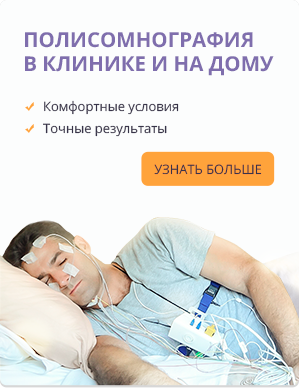Специалист National Autonomous University of Mexico доктор Rossana Huerta Albarran и врач Клиники при Университете Rafael Santana рассказали о взаимосвязи синдрома апноэ и сахарного диабета. Интервью было опубликовано в начале января 2015 года.
Врачи утверждают, что люди, страдающие нарушениями дыхания и сердечного ритма, вызванными синдромом обструктивного апноэ сна (СОАС), предрасположены к развитию сахарного диабета 2 типа. Причем риск заболевания возрастает, если у пациентов есть к нему наследственная предрасположенность или если у них имеются факторы риска этого заболевания.
Причины взаимосвязи заключаются в том, что нарушение структуры сна, возникающее при ночных остановках дыхания, вызывает метаболические сдвиги, такие как формирование резистентности к инсулину.
Специалисты также отмечают, что нарушенный сон ведет к накоплению массы тела, так как мозг посылает сигналы, вызывающие повышение аппетита и появление склонности к потреблению углеводов. В свою очередь, избыток массы тела и нарушения диеты также связаны с диабетом. Кроме того, все это предрасполагает к повышению уровня холестерина, триглицеридов в крови, формированию гипертонии.
Доктора указывают на то, что людям, предрасположенным к диабету и имеющим СОАС, необходимо корректировать нарушения дыхания во сне. Это, наряду с другими методами профилактики нарушений углеводного обмена, поможет предотвратить развитие диабета.
Источник: www.medicalnewstoday.com, адаптировано с оригинального медиа релиза, опубликовано 6 января 2015г.
____________________________
Poor sleep causes weight gain and susceptibility to diabetes
People who suffer breathing and heart rate abnormalities, called obstructive sleep apnea, are likely to develop diabetes, and the risk increases if they have a hereditary proclivity.
Sleep apnea is a disorder in which the airways become blocked and cause interruptions consecutive to inhaling for several seconds, usually the tongue prevents the passage of air and is needed to snore to wake up and breathe again; however, this does not mean that all the people who snore suffer this disorder.
A person with apnea and diabetes risk factors are likely to develop the condition, because the sleep disorder causes metabolic changes by increasing insulin resistance, the neurology specialists at the National Autonomous University of Mexico (UNAM), Rossana Huerta Albarran, said.
The specialist also mentioned that poor sleep causes weight gain because the brain sends signals that generate an increase in appetite and the need to consume carbohydrates, this raises cholesterol levels due to metabolic changes that the body generates. If to that one adds that obese people are prone to diabetes, apnea plays a fundamental role.
This sleep disorder can not only cause diabetes, is also responsible for the increase of cholesterol, triglycerides and hypertension.
People with this condition -suggested the specialist- should go to a Sleep Clinic, in order to obtain a correct diagnosis of the disease or prevent its development.
He added that the use of technology is a trigger to cause sleeplessness. «People, instead of sleeping, when they are already lying in bed, take the cell phone, or computer, which makes the brain lose the need to sleep because it reacts to light.»
It has been said many times that to sleep eight hours is appropriate; however, Rafael Santana, medical specialist at the Sleep Disorders Clinic of the UNAM, says that there is no fixed number of sleep hours, it depends on the age and needs of the body, for example an infant sleeps up to 16 hours a day, but for an adult it may be enough four or five hours. What matters is the quality of sleep.
It is recommended to measure the amount of hours that make one feel rested and respect that time, because what we do is to sleep as a last resort, only if we have the time, and tit should not be like this, sleep is essential to perform our activities, added Rafael Santana.
Sleep helps us to be alert, have a good mood, lose the need to nap during the day and avoid developing diseases caused by the lack of sleep.


